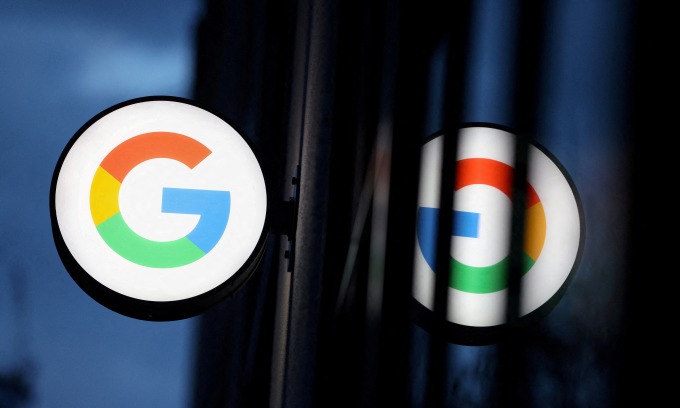Apple Steps In to Defend Google’s Billion-Dollar Search Engine Payments
Here's ads banner inside a post
Apple is stepping up to defend its lucrative revenue-sharing deal with Google, as the tech giant faces a landmark U.S. antitrust trial. In court filings made public on December 23, Apple announced its intention to participate in the trial to safeguard the billion-dollar agreement that makes Google the default search engine on Safari.
The partnership has been a financial boon for Apple, with Google reportedly paying the company $20 billion in 2022 alone. Now, Apple aims to ensure that its interests are protected as Google battles claims of anti-competitive practices.
A Billion-Dollar Agreement Under Fire
Here's ads banner inside a post
The Department of Justice (DOJ) is targeting Google’s dominant position in the search market, arguing that its agreements with browser developers, mobile manufacturers, and carriers stifle competition. Apple, however, sees the situation differently.
“Google can no longer adequately represent Apple’s interests,” Apple stated in court documents, explaining its decision to call witnesses in the trial scheduled for April 2025. The company emphasized that Google’s defense is complicated by the DOJ’s broader efforts to force the divestiture of key assets like Chrome and Android.
While Google has proposed loosening its default agreements, it intends to keep revenue-sharing deals like the one with Apple intact. The DOJ argues that these arrangements harm competition, while Apple insists they are a standard business practice that benefits both companies and consumers.
Here's ads banner inside a post
Apple’s Role in the Trial
Apple’s decision to involve itself in the trial stems from its reliance on the partnership for substantial revenue. In its filing, the company also clarified its position: it has no intention of building its own search engine to rival Google. Instead, Apple is focused on preserving the status quo, which has contributed to Safari’s seamless user experience and Google’s dominant search engine market share.
The trial could reshape the tech industry, with potential rulings requiring Google to divest key components of its business to restore competition. For Apple, the stakes are high. Any disruption to its agreement with Google could impact its bottom line and the functionality of its browser.
Google’s Defense Strategy and Apple’s Interests
Google’s proposed solution to loosen default agreements doesn’t fully address the DOJ’s concerns. However, it aligns with Apple’s preference to maintain the revenue-sharing deal. Google argues that these payments are part of a competitive marketplace and that users ultimately benefit from the streamlined experience of having the leading search engine integrated into their devices.
Apple’s testimony could lend weight to Google’s argument, as both companies emphasize that their partnership supports user experience rather than stifling competition. By joining the case, Apple seeks to shield its financial interests while ensuring its products continue to deliver a seamless browsing experience.
The Bigger Picture: A Trial That Could Reshape Big Tech
The DOJ’s case against Google is one of the most significant antitrust trials in decades, with implications for the entire tech industry. If successful, the government could force Google to divest key assets, including its Chrome browser and Android operating system. Such a move would drastically alter the competitive landscape of online search and mobile platforms.
For Apple, the trial represents a balancing act. While it’s defending a profitable partnership, the company is also under scrutiny for its role in Google’s dominance. Critics argue that Apple’s reliance on Google for Safari’s default search function contributes to the very issues the DOJ seeks to address.
Looking Ahead: What’s at Stake
The trial, set to begin in April 2025, will determine the future of Google’s business model and its agreements with partners like Apple. The stakes couldn’t be higher for either company. For Apple, preserving its agreement with Google ensures billions in annual revenue and reinforces Safari’s position as a leading browser. For Google, maintaining these agreements is crucial to its search engine’s dominance and overall business strategy.
As the trial unfolds, Apple’s involvement highlights the interconnected nature of Big Tech and the complexities of regulating an industry where partnerships and competition often blur. While the outcome remains uncertain, one thing is clear: this case will have lasting repercussions for the tech world and the way users interact with search and browsing tools.
With billions on the line, Apple and Google are preparing to defend their partnership against scrutiny, showcasing how deeply intertwined their business models have become in the digital age.

